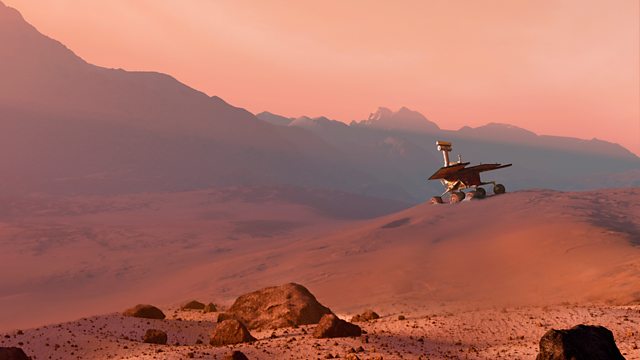Seismic events on Mars
New data from Nasa reveals information on Mars’ origin and evolution. Also, we discuss the impact of the Brazilian election on science and dig into research on nose-picking lemurs.
The latest observations from Nasa’s InSight Mars Lander and Mars Reconnaissance Orbiter (MRO) have revealed new information on Mars’ interior structure. Dr Anna Horleston, Senior Research Associate in Planetary Seismology at the University of Bristol, talks us through the mars-quakes that provided this data.
On the 30th of October, Brazilians will head to the polls to elect their next president. Jeff Tollefson, Senior Reporter at Nature, tells Roland what approach the two candidates – Jair Bolsonaro and Luiz Inácio Lula da Silva – might take towards science and the potential local and global impacts this could have.
Humans aren’t the only animals to pick their noses… it turns out primates engage in this habit too. Anne-Claire Fabre, Curator of Mammals at the Duke Lemur Center, tells reporter Vic Gill about the long-fingered aye-ayes having a dig around their noses, and how more research is needed to unpick the reasons behind this behaviour.
And producer Robbie Wojciechowski heads to the National Oceanography Centre in Southampton to capture the launch of the RRS Discovery mission to Ascension Island and St Helena. Science In Action will be following the mission over the next 6 weeks as it uncovers new specimens from the deep ocean, as well as surveying the overall health and wellbeing of the ocean around the British Overseas Territory.
Record-breaking heatwaves swept across the Earth’s northern hemisphere this summer, with continental Europe, China, the UK and parts of the US all experiencing exceptional temperatures. Listener Geoff in Australia wants to know: Is climate change really responsible or could it just be weather?
Marnie Chesterton goes to Kenya, where certain areas of Amboseli have experienced intense drought over the past 5 years. There she meets members of the Masai community who have been farmers for generations. They describe how seasonal rains have successively failed to appear when expected, and explain how this has affected their lives. Marnie asks local people, meteorologists and climate scientists for their take on the year’s hottest debate.
(Image: Impression of a rover on the surface of Mars. Credit: Getty Images)
Last on
More episodes
Broadcasts
- Sun 30 Oct 2022 00:06GMTÂ鶹ԼÅÄ World Service East Asia
- Sun 30 Oct 2022 01:06GMTÂ鶹ԼÅÄ World Service except East Asia & South Asia
Podcast
-
![]()
Unexpected Elements
The news you know, the science you don't


